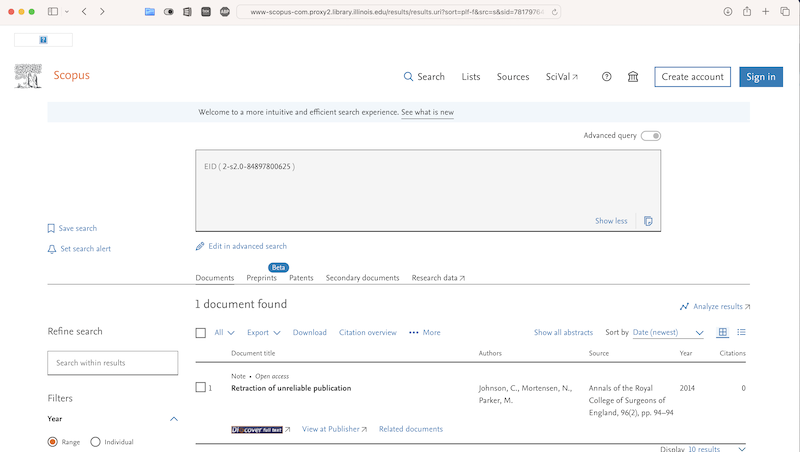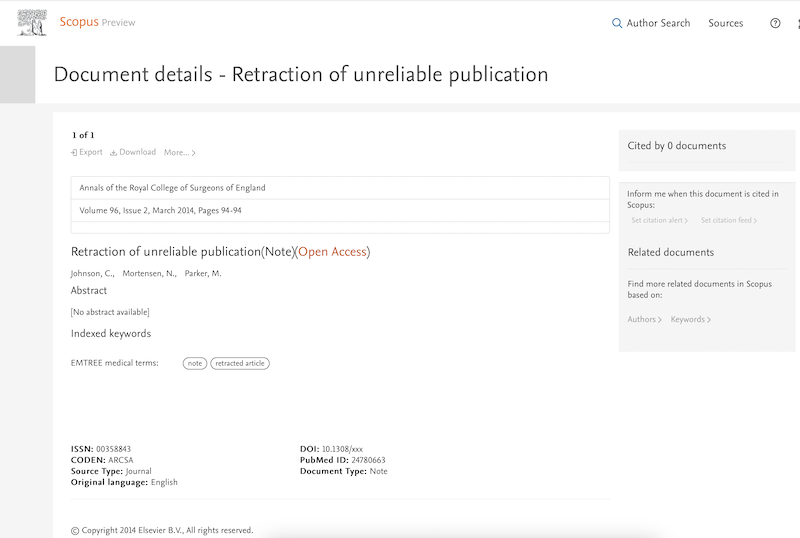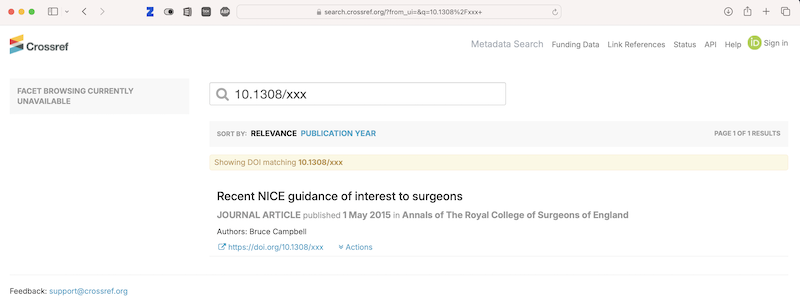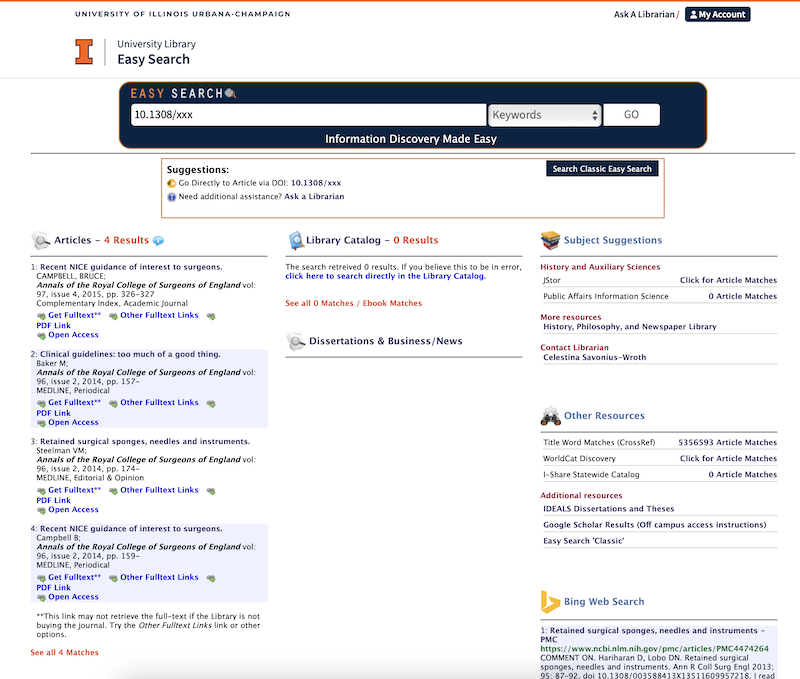Prof. Jodi Schneider’s Information Quality Lab <https://infoqualitylab.org> seeks a paid graduate hourly researcher ($25/hour) to be a chemistry expert for a computer information system design project. Your work will help us understand a computational chemistry protocol by Willoughby, Jansma, and Hoye (2014 Nature Protocols), and the papers citing this protocol. A code glitch impacted part of the Python script for the protocol; our computer information system aims to determine which citing papers might have been impacted by the code glitch, based on reading the papers.
The project can start as soon as possible and needs to be completed in July or early August 2024. We expect your work to take 15 to 20 hours, paid at $25/hour for University of Illinois Urbana-Champaign graduate students.
Tasks
- Read and understand a computational chemistry protocol (Willoughby et al. 2014)
- Read Bhandari Neupane et al. (2019) to understand the nature of the code glitch
- Make decisions about whether the main findings are at risk for citing publications. You’ll read sentences around citations to ~80 citing publications.
- Work with an information scientist to design a decision tree to capture the decision-making process.
Required Qualifications
- Enrolled in a graduate program (Master’s or PhD) in chemistry at University of Illinois Urbana-Champaign and/or background in chemistry sufficient to understand Willoughby et al. (2014) and Bhandari Neupane et al. (2019)
- Good verbal and written communication skills
- Interest and/or experience in collaboration
Preferred Qualifications
- Experience in computational chemistry (quantum chemistry or molecular dynamics) preferred
- Interest in informatics or computer systems preferred
How to apply
Please email your CV and a few sentences about your interest in the project to Prof. Jodi Schneider (jodi@illinois.edu). Application review will start June 10, 2024 and continue until the position is filled.
Sample citation sentence for Willoughby et al. 2014
“Perhaps one of the most well-known and almost mandatory “to-read” papers for those initial practitioners of the discipline is a 2014 Nature Protocols report by Willoughby, Jansma, and Hoye (WJH).10 In this magnificent piece of work, a detailed 26-step protocol was described, showing how to make the overall NMR calculation procedure up to the final decision on the structure elucidation.”
from: Marcarino, M. O., Zanardi, M. M., & Sarotti, A. M. (2020). The risks of automation: A study on DFT energy miscalculations and its consequences in NMR-based structural elucidation. Organic Letters, 22(9), 3561–3565. https://doi.org/10.1021/acs.orglett.0c01001
Bibliography
Bhandari Neupane, J., Neupane, R. P., Luo, Y., Yoshida, W. Y., Sun, R., & Williams, P. G. (2019). Characterization of Leptazolines A–D, polar oxazolines from the cyanobacterium Leptolyngbya sp., reveals a glitch with the “Willoughby–Hoye” scripts for calculating NMR chemical shifts. Organic Letters, 21(20), 8449–8453. https://doi.org/10.1021/acs.orglett.9b03216
Willoughby, P. H., Jansma, M. J., & Hoye, T. R. (2014). A guide to small-molecule structure assignment through computation of (1H and 13C) NMR chemical shifts. Nature Protocols, 9(3), Article 3. https://doi.org/10.1038/nprot.2014.042



